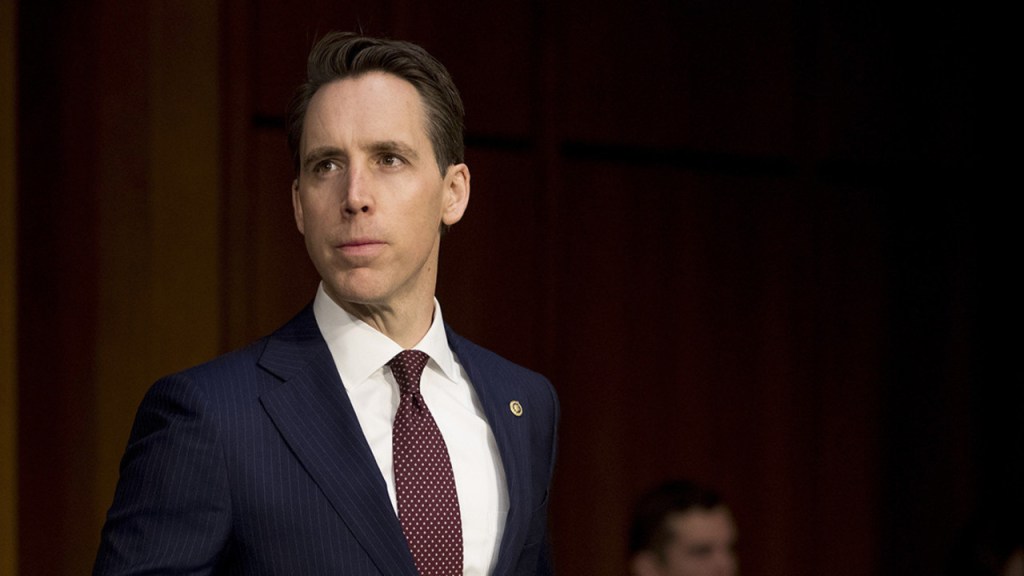Republican senator Josh Hawley made waves with his proposal for an anti-microtransaction bill. The bill, known as “The Protecting Children from Abusive Games Act,” would ban not only loot boxes, but any form of pay-to-win microtransactions in games “designed for children.” Children are the main focal point in the bill, according to Hawley, who was recently interviewed by Kotaku’s Jason Schreier.
Hawley, who admitted he’s not a gamer, revealed that the idea for the bill did not come from investment in the games industry. Rather, it came from “being a parent of two little boys,” as well as “talking to a lot of parents.” However, he also mentioned that he’s heard from “lots of gamers” about their worries about the increasing volume of microtransactions in all kinds of games. It’s worth noting that Hawley said his children do not currently play games at all.
As for why he chose to focus on children, when there are many adults who fall into the microtransaction trap, Hawley responded by saying children may not “know the nature of these microtransactions.” Comparing them to casinos, which of course minors aren’t legally able to enter, he noted that this bill falls in line with other efforts to “regulate what our children are exposed to.”
The Missouri senator also confirmed he’s had talks with the Entertainment Software Association, which previously spoke out when the bill was originally proposed. He didn’t elaborate on what these talks consisted of, though saying “there may be some difference of opinion” suggests tensions between the two sides.
Shcreier noted that video games haven’t been a historically big focus for the United States government, referencing an earlier attempt from a Hawaii senator to tackle the issue. Hawley said that focusing on children is key to this bill’s success, with one of his comments being “everybody though cares about the health and safety of kids.”
A key concern with the bill is its vague wording of it. There are key differences between loot boxes and microtransactions that are “pay-to-win.” With the random nature of loot boxes, more of a case can be made for classifying them as gambling. In addition, the games affected could be incredibly vague, though Hawley noted EA’s FIFA series would be impacted by this act.
With the industry becoming increasingly reliant on in-game purchases, Hawley was asked what he thinks of concerns about the negative impact this bill could have. His response to this inquiry was, “These are very resourceful people, and I’m sure they can design games that don’t rely on gambling directed at children in the center of the game.”
[Source: Kotaku]








